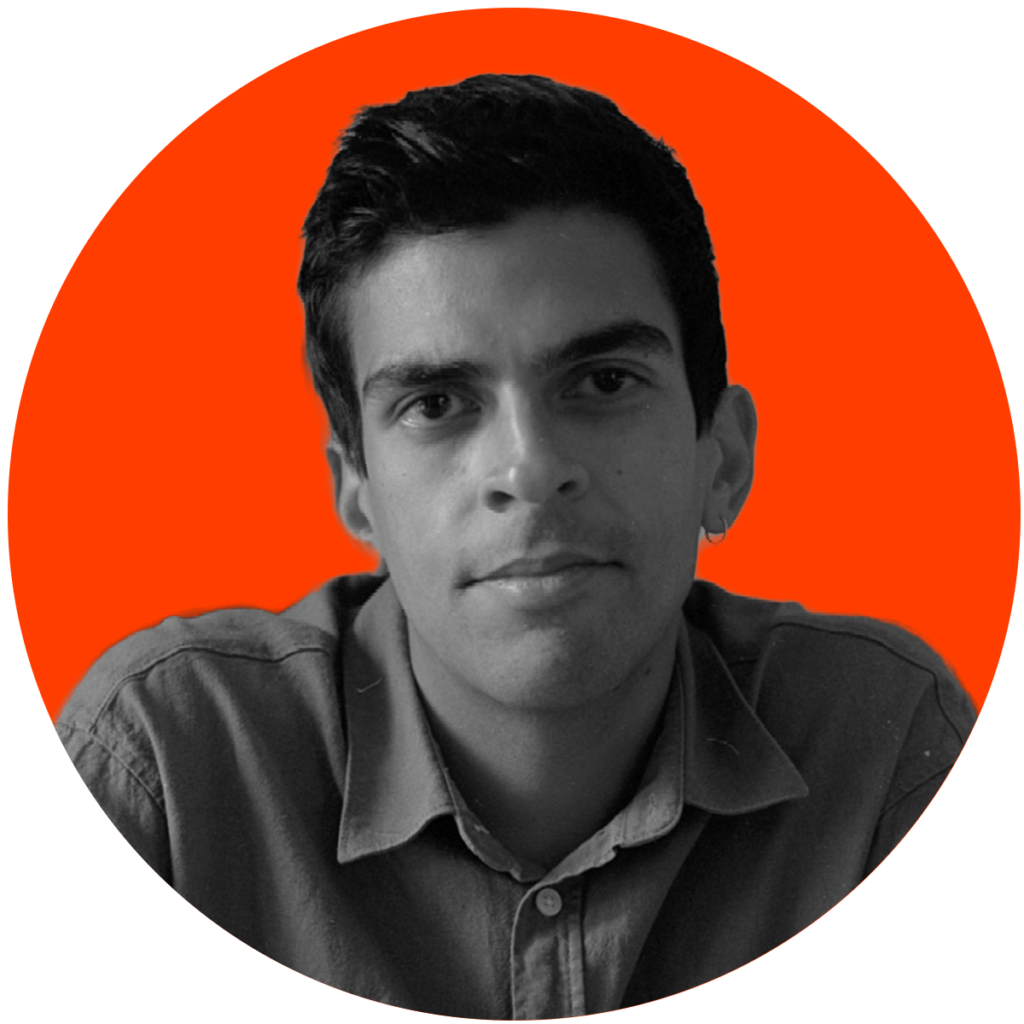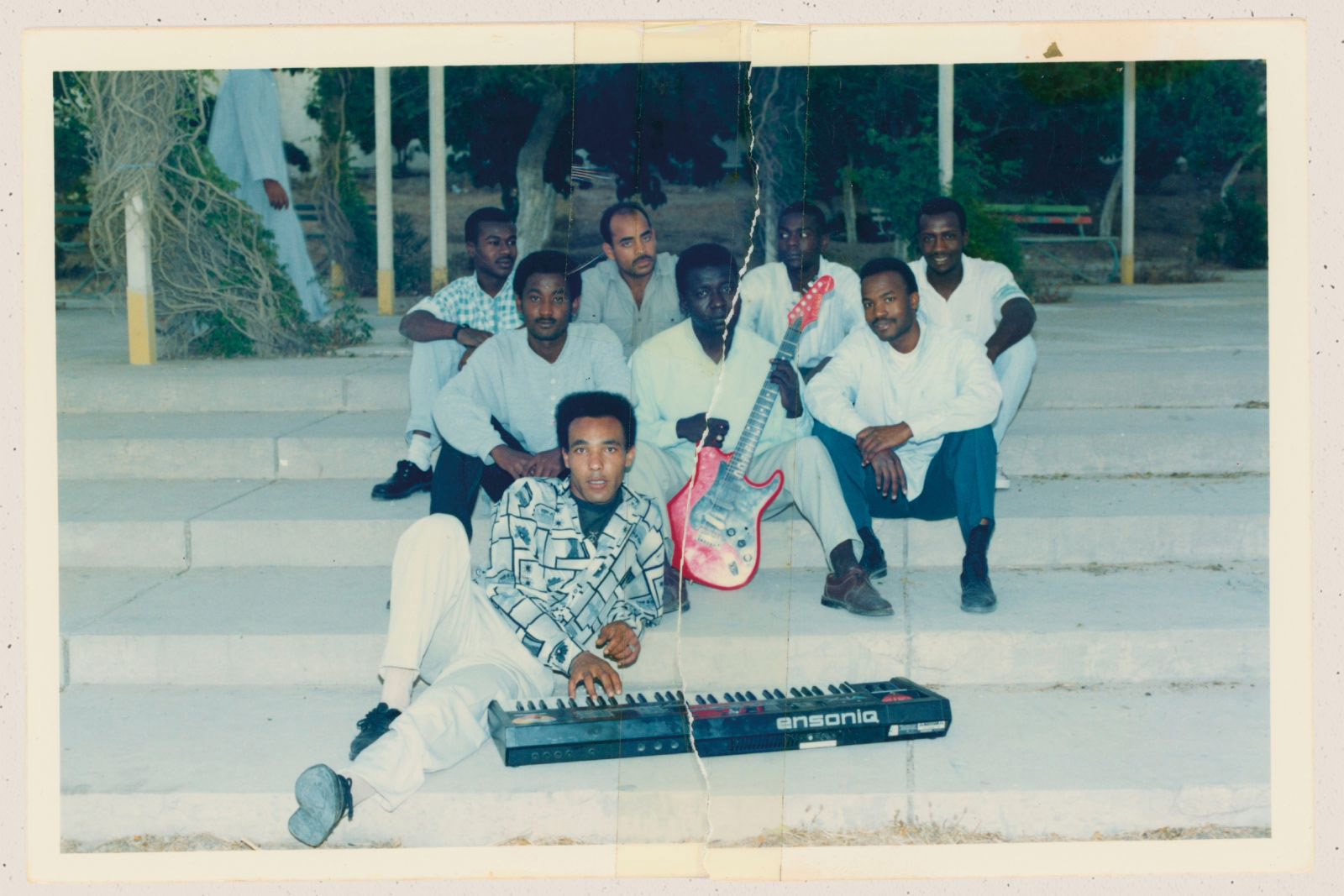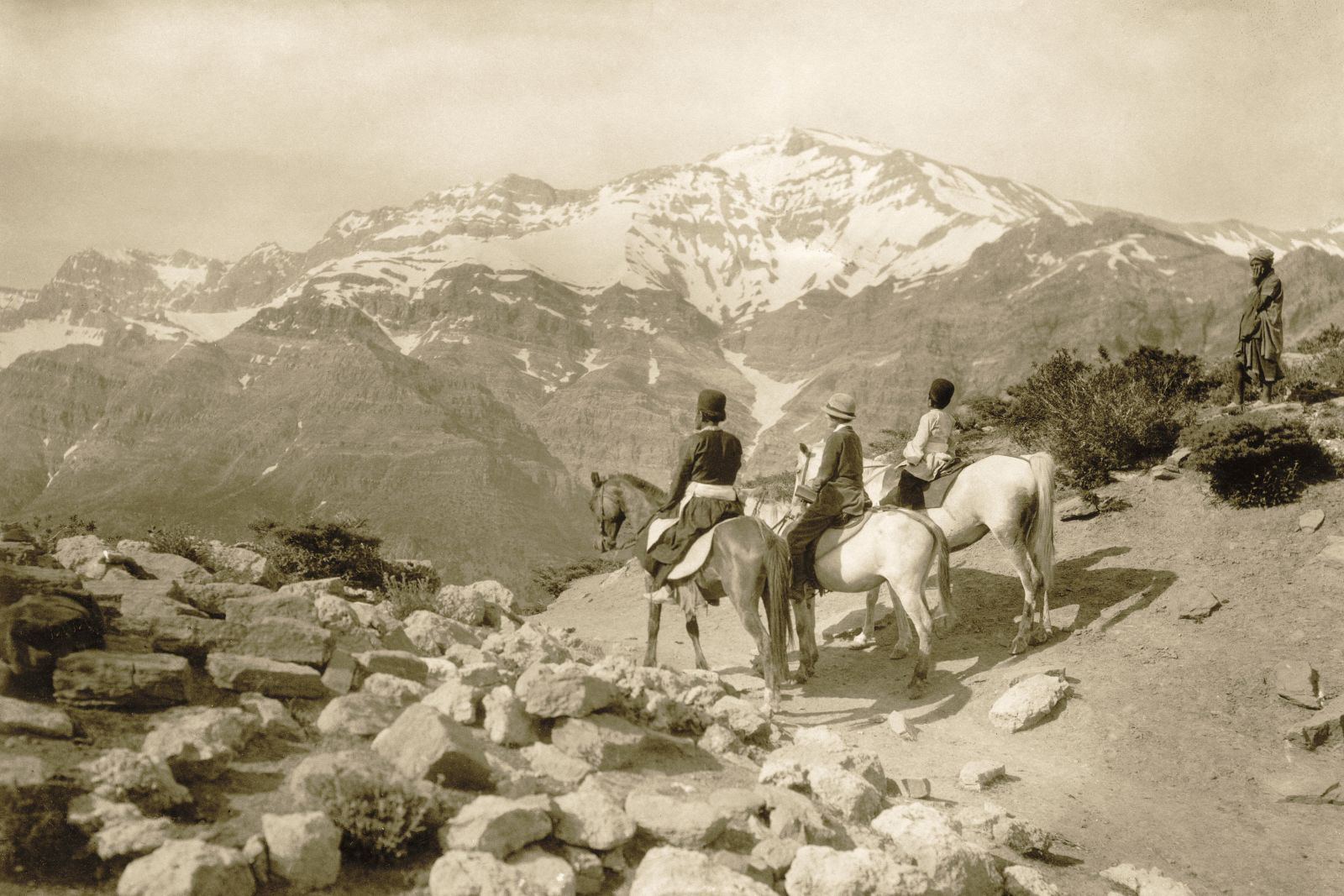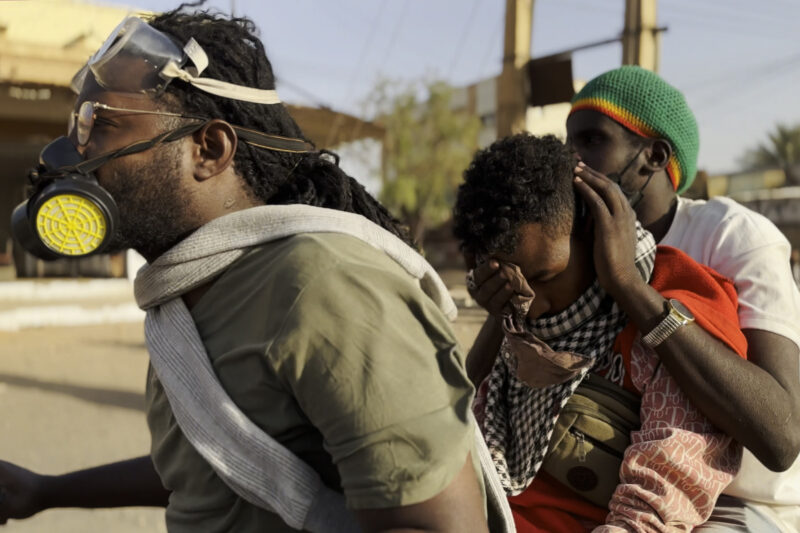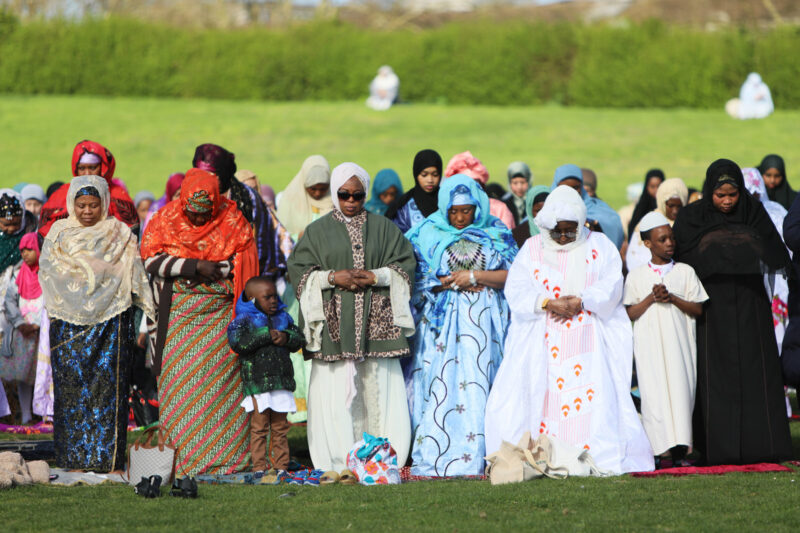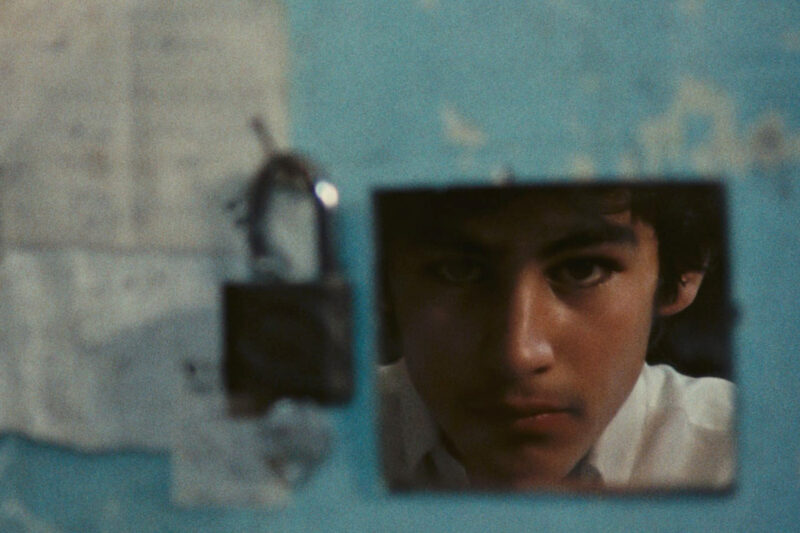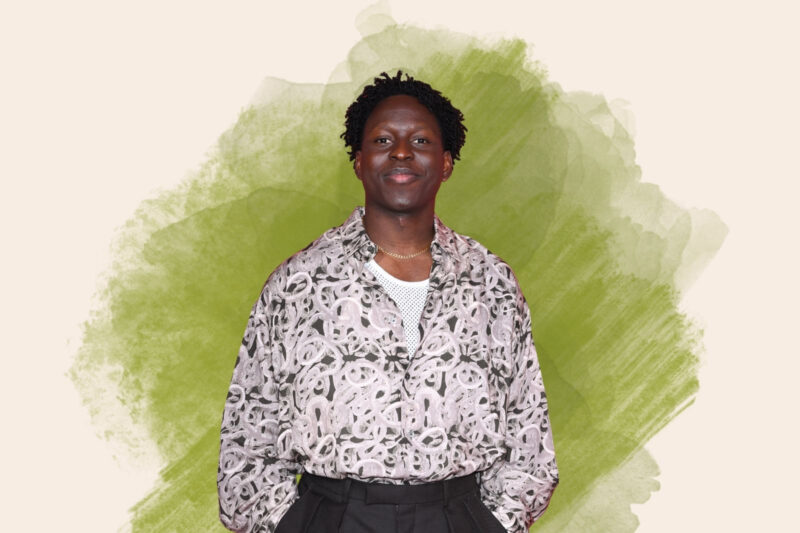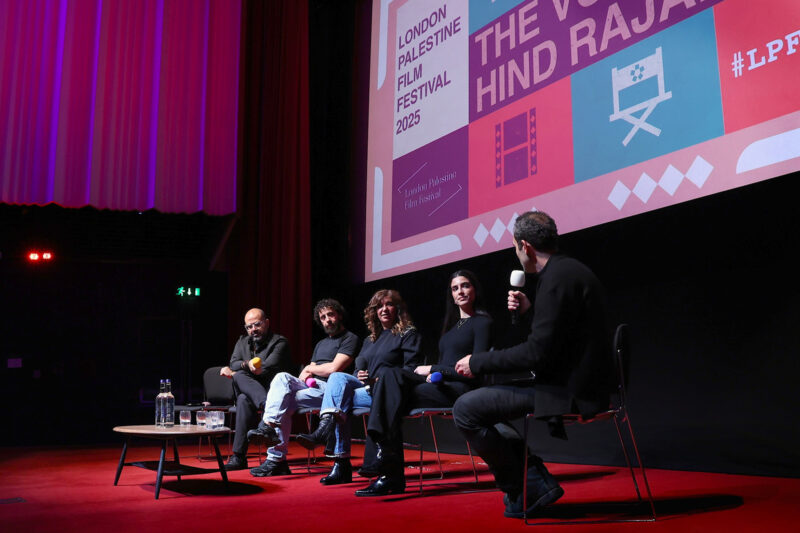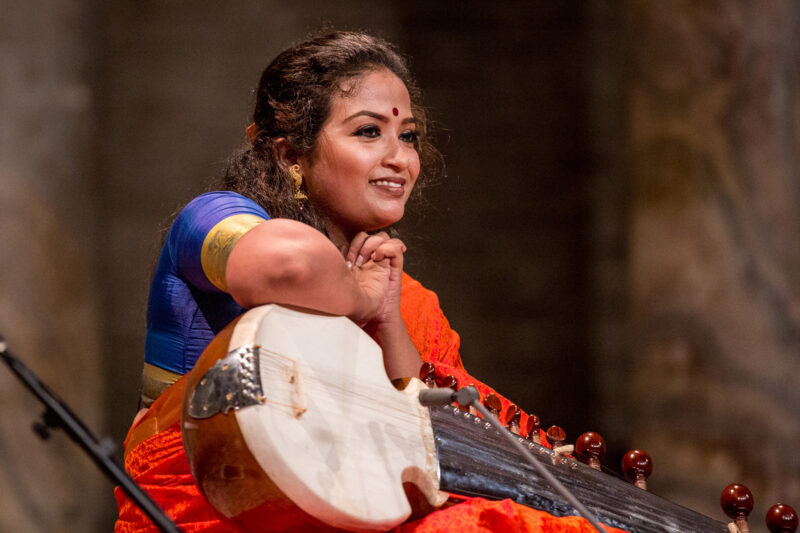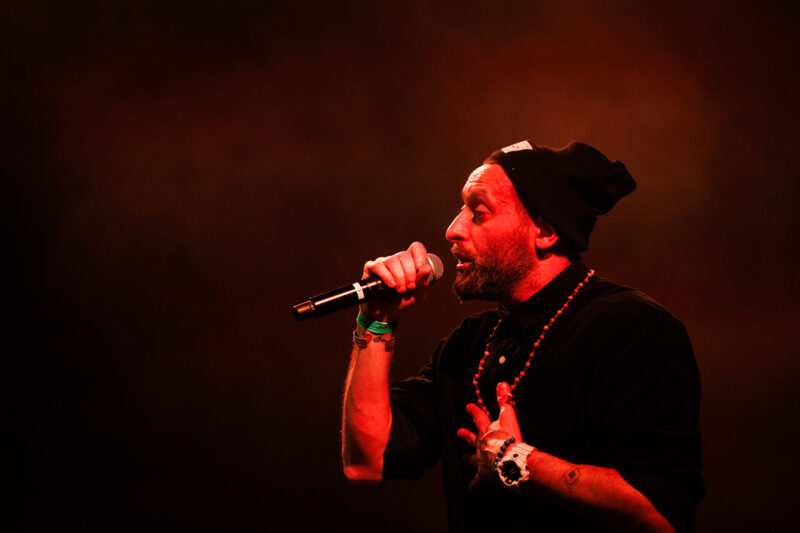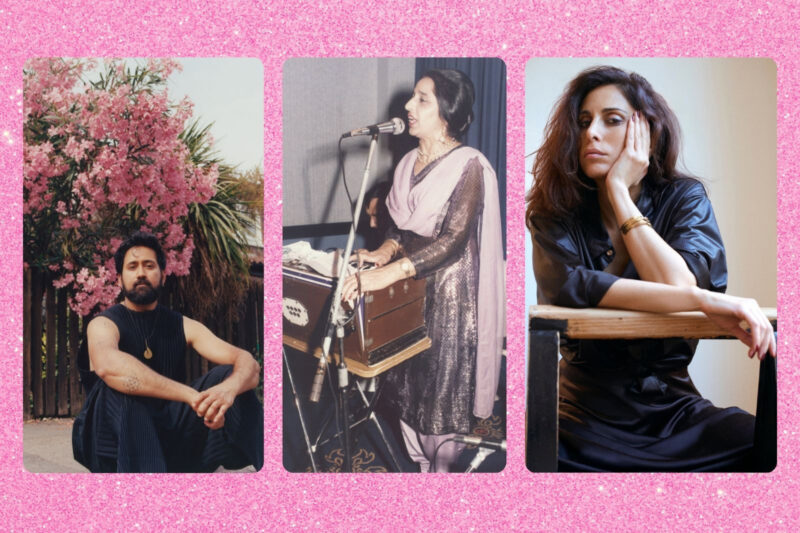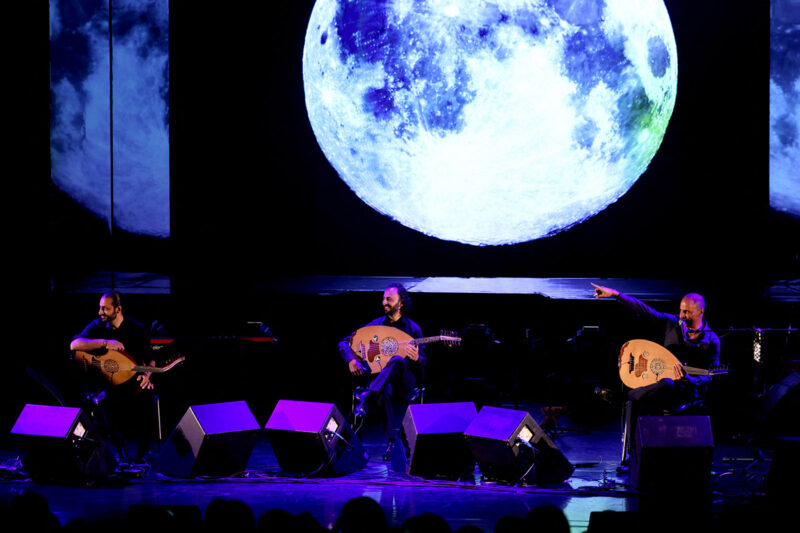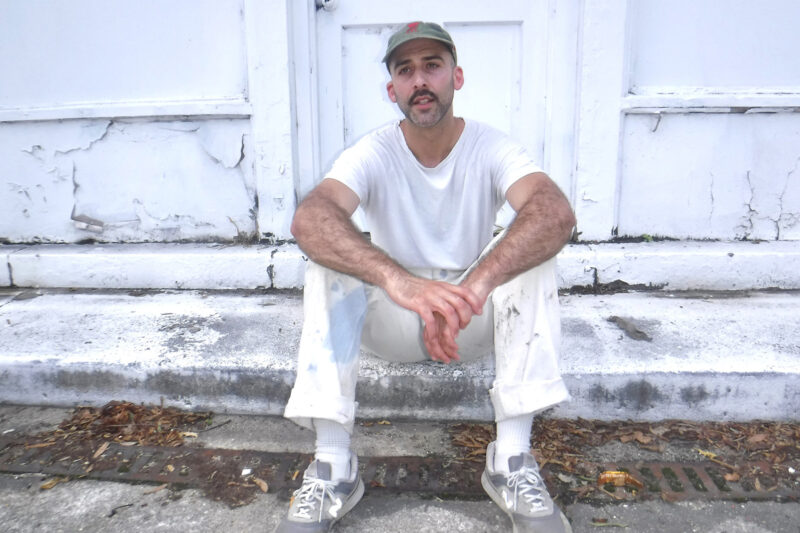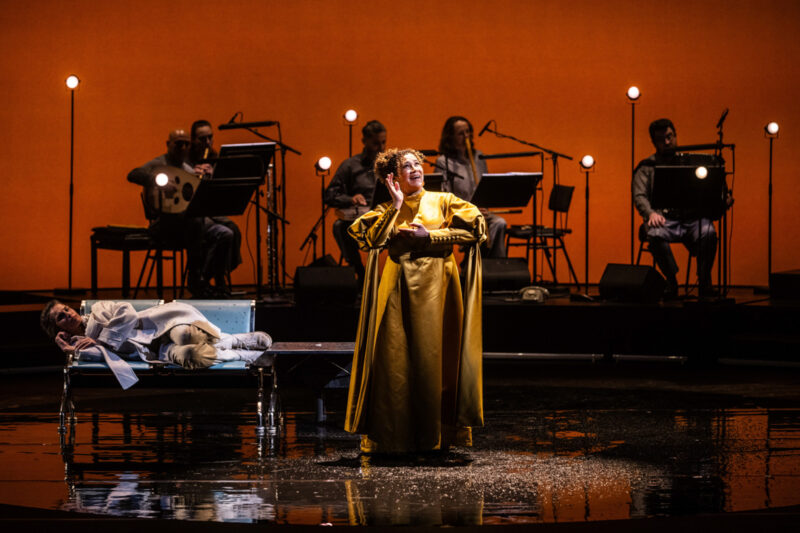Freewheeling Persian experimentation takes centre stage at London Jazz Festival
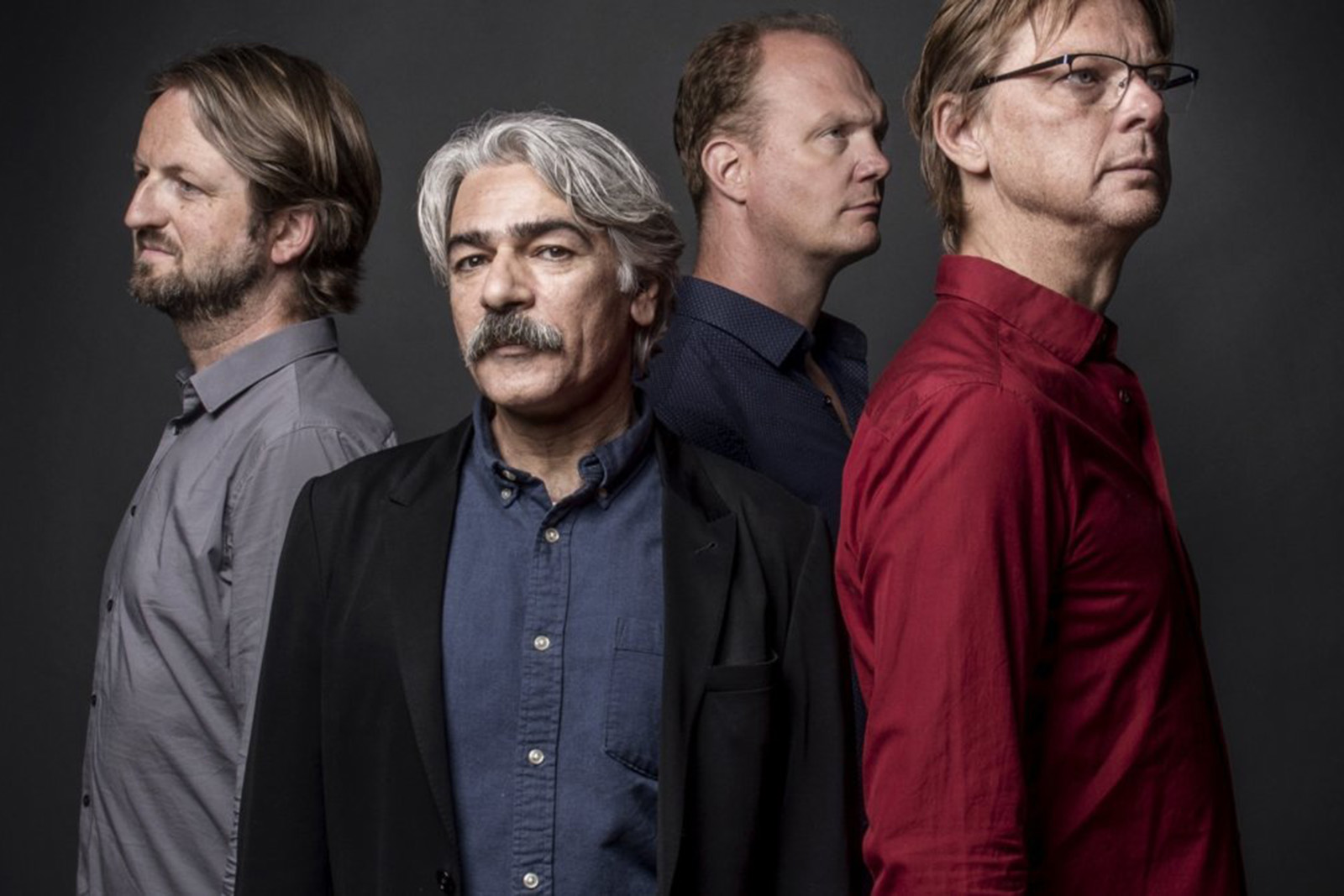
Artists from Iran, Japan, the US and Europe come together for the annual celebration of musical improvisation and innovation
For 10 days every November, London becomes the global centre of improvised music. From Friday 14 to Sunday 23, more than 2,000 artists from around the world will perform 350 shows in venues ranging from small clubs to concert halls, all under the banner of the EFG London Jazz Festival. Featuring masters of the genre and newcomers alike, the emphasis of the event’s 33rd edition is on jazz and adjacent music from Iran, south-east Asia and beyond.
“There are always many strands to our programme but in 2025 there is an underlying theme of global connections,” says festival director Pelin Opcin. “We have so many different traditions around the world that take their inspiration from improvisation, which is the key element of jazz. We want to celebrate these open, cross-cultural interpretations in a time when we need to find unity amongst each other more than ever.”
Opcin refers to a number of performances taking place across the second weekend of the festival, from 21 to 23 November, that exemplify that freewheeling international ethos. “It’s almost a dedication to global music over those days as we have the Aga Khan Music Awards being hosted on 22 November at the Southbank Centre, which is a huge celebration of the excellent development work they do with musicians from the Islamic world and beyond,” she explains.
“The great Malian singer Oumou Sangaré is also performing with the BBC Concert Orchestra on 23 November at the Southbank Centre, while the virtuoso sarod player Soumik Datta will be performing on the same night in the Purcell Room. During the day at the Southbank Centre’s Clore Ballroom we’ll be hosting a free stage celebrating Nigeria’s impact on the British jazz scene, featuring performances from British saxophonist Camilla George and afrobeat pioneer Bukky Leo.”
Challenging the traditional understanding of jazz being rooted in African American tradition and a New Orleans sense of swing, the festival is also focusing on other nations that have made the genre their own.
“Japan is one place where jazz culture has been totally embraced and integrated into a new sense of tradition,” Opcin says. “They have such an appreciation for jazz and we wanted to highlight their rich legacy with a Japanese Jazz showcase at the Barbican on 23 November, featuring elder pioneers like tenor saxophonist Kosuke Mine and drummer Takeo Moriyama, who are both in their 80s and still going strong, while pianist Hiromi is from a younger generation and will be bringing her lively fusion to the same stage on 21 November.”
Closer to home, the British-Asian bass guitarist Shri Sriram will be performing on 16 November at Milton Court with his brass band, celebrating the intersection of South Asian traditional music with jazz improvisation and electronic influences — a sound that came to the fore during the late 90s and early 2000s on the British Asian underground scene. Another musical fusion being explored throughout the festival is the relationship between jazz and Persian traditional music — a lesser-known combination that has become increasingly visible in the work of Iranian diaspora artists.
On the opening night of the festival Iranian kamancheh player and composer Kayhan Kalhor will perform at Cadogan Hall with Dutch jazz group the Rembrandt Trio. The artists are set to play material from their 2019 collaborative album, It’s Still Autumn, which features a blend of Kalhor’s yearningly bowed strings with punchy jazz piano phrasing and a swinging rhythm section. The following night will host the UK debut of L’Antidote — a piano, cello and zarb percussion trio hailing from Iran, Lebanon and Albania — at King’s Place. The group’s 2025 self-titled debut album combines expressive Persian classical melodies with South Indian konnakol rhythms and fast-paced piano improvisation, producing an infectious and enthusiastically genre-agnostic sound.
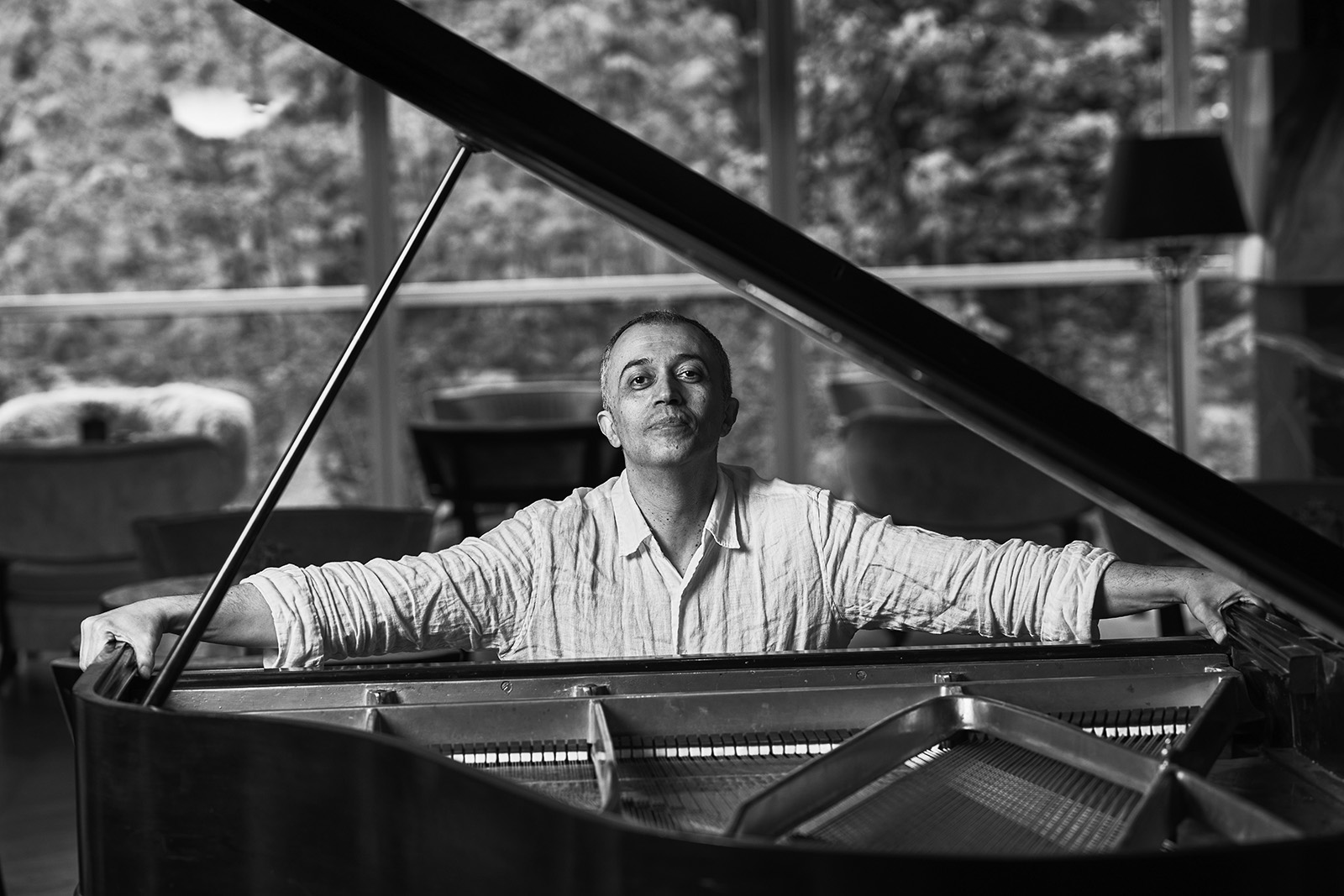
“The ethos of the festival is to showcase jazz in all its forms and current iterations,” Opcin says. “That means giving artists free rein to convey their work, no matter where they borrow from stylistically. It’s the artist’s stage to create on and that’s what makes each show so unique and exciting.”
On 22 November, at the east London venue Rich Mix, comes a double bill of artists who exclusively create in that improvisatory moment, with a Persian jazz double bill featuring the Iranian-Armenian double bassist Arin Keshishi and his quintet offering a blend of folk melody and electronic experimentation. Later in the evening, the Kourosh Kanani Duo will weave expansive South Indian-influenced rhythms with finger-picked guitars, performing material from their forthcoming debut EP Gisu.
Finally, on the festival’s closing night at the World Heart Beat Embassy Gardens, celebrated Iranian pianist Peyman Yazdanian will perform his take on jazz improvisation, Persian folksong and classical composition in a new solo suite titled Echoes of the Moment.
“All this fantastically diverse music is being showcased alongside the American artists we have coming over, who are always a backbone of the festival and the British scene that we have also long been supporting,” Opcin says.
“It’s a chance to challenge people’s perceptions of what jazz is, to broaden their listening and ultimately to engage audiences in the magic of these artists’ varied and spontaneous creations. Regardless of where you are from or whatever you typically listen to, there will be something exciting for everyone.”
The EFG London Jazz Festival runs from 14 to 23 November in various London venues.
 Newsletter
Newsletter

